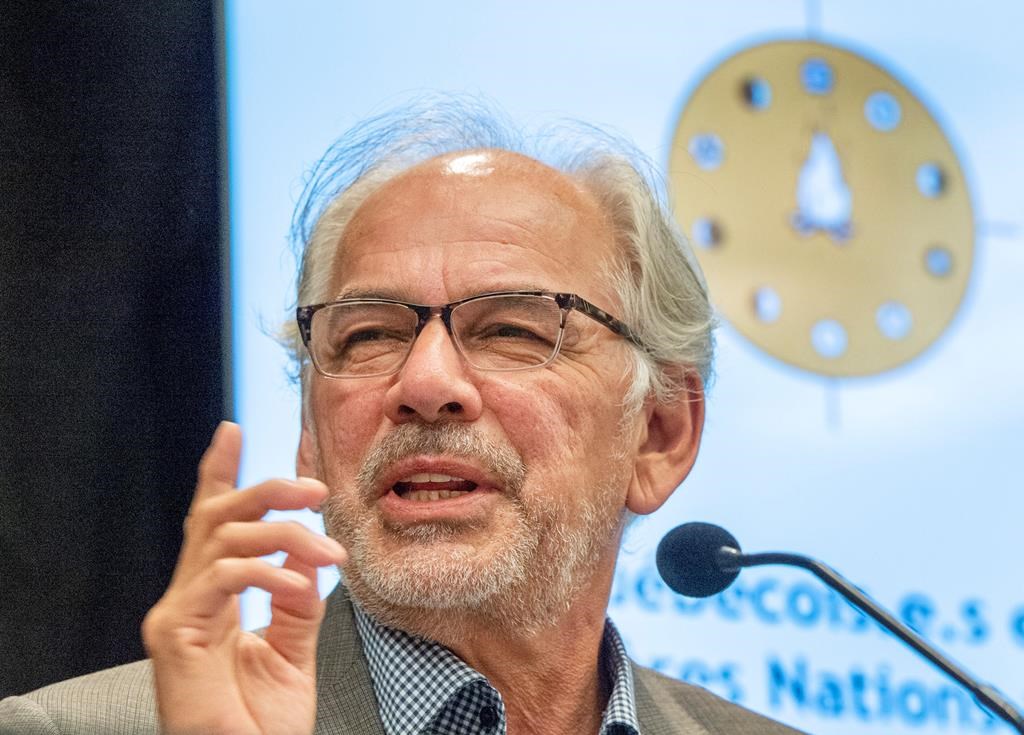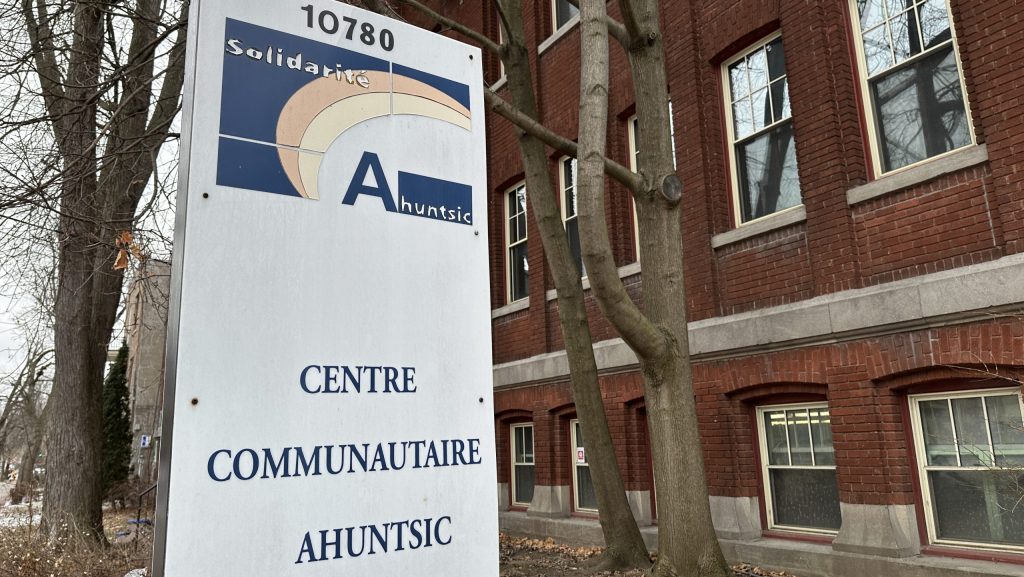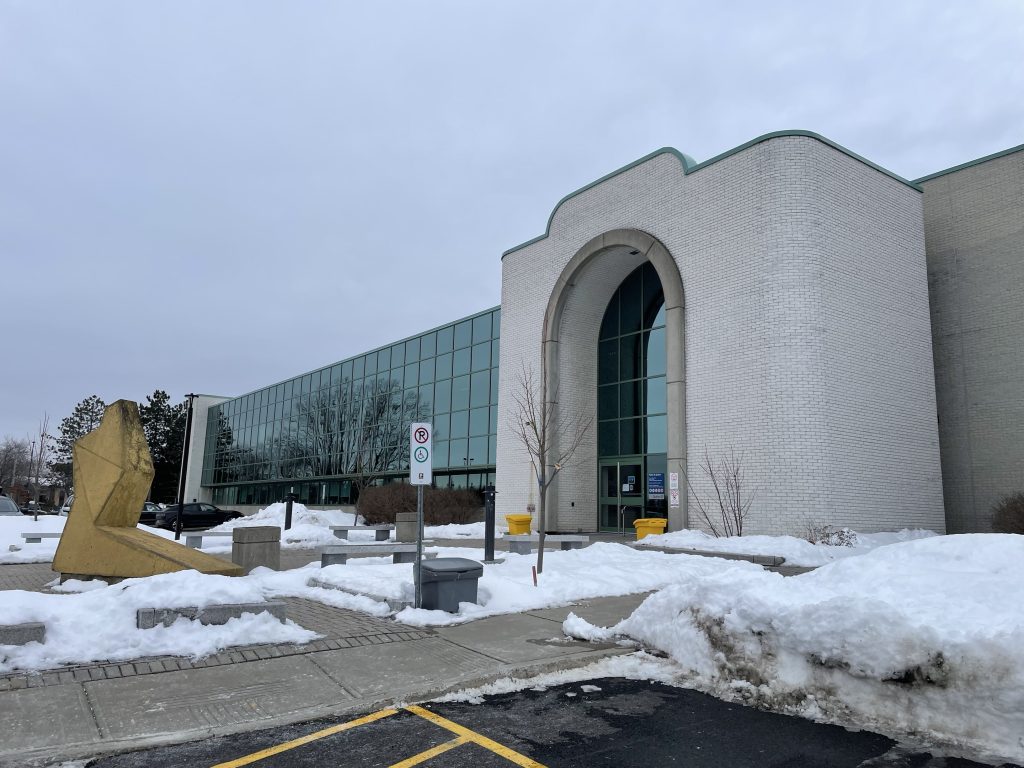First Nations chief says less awareness in Quebec about national day for survivors

Posted September 29, 2021 5:54 pm.
MONTREAL — As Canada prepares to observe the first National Day for Truth and Reconciliation on Thursday, the Assembly of First Nations Quebec-Labrador is lamenting Quebec’s decision not to officially recognize the holiday.
Many people in the province seem unaware the federal government has designated Sept. 30 as a new statutory holiday to honour lost Indigenous children and survivors of residential schools, Nadia Robertson, spokesperson for the assembly’s elected women council, said Wednesday.
Assembly Chief Ghislain Picard told reporters what’s important is that people take the time to remember the effect of residential schools on Indigenous communities across Canada.
“Quebec decided not to recognize that day, but beyond the question of whether it’s a federal or provincial holiday, we must not forget that the intention is to grieve and to commemorate,” Picard said. “This is why tomorrow is important.”
The recent discoveries of thousands of unmarked graves at former residential schools sites around Canada have pressured governments to tackle Indigenous issues and have renewed calls for action. But Quebec Premier Francois Legault in June decided against officially recognizing the day, stating the province had enough statutory holidays.
“I understand very well we have a lot of work to do for reconciliation between our nation and each of the 11 nations,” Legault said, referring to the First Nations in the province. “We have to honour them, we have to respect them, we have to make sure we don’t see racism like we have in the past unfortunately, so there’s still a lot of work to do.”
Robertson told reporters she thought the province’s decision was unfortunate.
“Reconciliation starts with education,” she said. “And when you speak about the Truth and Reconciliation Day happening tomorrow, nobody in Quebec is aware of it.”
On Wednesday, Picard marked one year since the assembly unveiled a plan to fight racism and discrimination.
“Reconciliation happens between us, in our communities where we need to reconcile with our past,” Picard said, adding that the assembly would launch an awareness campaign to encourage Quebecers to show their commitment to fighting racism.
Picard said Indigenous issues have become more prominent in Quebec society but many residents are still unsure how they can contribute to reconciliation with First Nations peoples.
He unveiled a survey conducted by Leger in which two-thirds of Quebec respondents said their perspectives on First Nations hadn’t changed over the last year. The poll also indicated 41 per cent of respondents thought Quebec’s government didn’t do enough to address racism and discrimination.
“What the results tell me, is that there is an interest to know more,” Picard said. “People say they want to contribute but don’t know how.”








